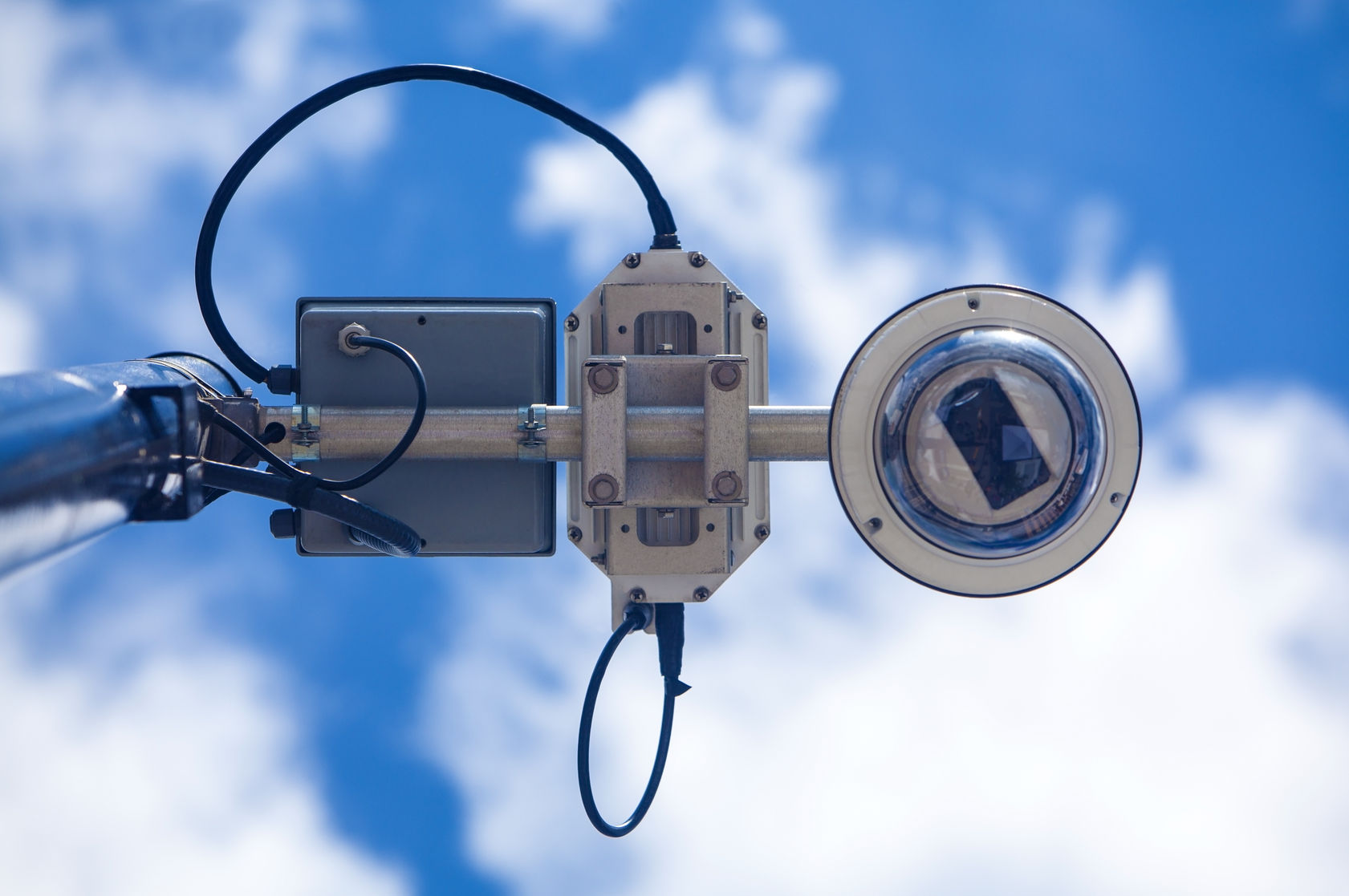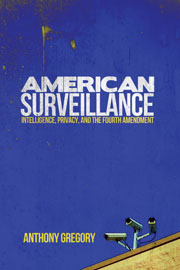After 9/11, the Bush administration unveiled plans to create an integrated, comprehensive surveillance state unprecedented in human history. The public rebelled against “total information awareness,” but the NSA and other government agencies continued constructing a spying infrastructure of previously unimaginable proportions. Despite the administration’s promise that all war on terror surveillance satisfied traditional warrant requirements, the NSA circumvented even FISA’s loose restrictions to spy on American telecommunications.
Senator Barack Obama ran for president, promising to rein in this extra-legal spying. Instead, he has overseen its expansion. Thanks to whistleblowers like Edward Snowden, we now know that government surveillance can capture virtually everything we do online, all our telephone calls, all our e-mails, and all our social networking. In Utah, the federal government is building a facility to store more data than is currently on the entire Internet.
The surveillance state has become totally integrated, as government at all levels—from federal regulatory agencies down to local law enforcement, and working with politically favored corporations—are coordinated in a wholesale attack on what is left of American privacy. Spy cameras on city streets, face-recognition software, Post Office tracking, government-mandated chips in our electronics, the government takeover of our cellphone microphones and laptop webcams—all of it points to an Orwellian future.
Local police departments and public schools have contributed to the erosion of our privacy. The NSA has spied shamelessly on foreign heads of state. The trajectory is most frightening—U.S. government spying and data collection directed at the entire world. We are on the cusp of arriving at the totalitarian dream of “total information awareness.”
The ease with which Snowden facilitated such a massive intelligence breach underscores government’s incompetence at protecting the data it collects. We also know from the government’s various intelligence failures relating to foreign policy that its problem is not insufficient data collection, and we should not expect any of these new powers to make us any safer.
Both parties, in both the presidency and in Congress, have demonstrated hostility toward privacy rights as protected in the Fourth Amendment. The Supreme Court has routinely upheld extreme police powers to search private property in the name of combating illegal drugs. Financial regulation allows for the heavy scrutiny of practically every private economic transaction. Our health, legal, and personal records are now shared liberally across government bodies, with private firms, and with foreign states.
With every revelation, government officials have lied to us about the scope of surveillance. They told us they aren’t listening in on telephone calls. They told us that they’re only targeting suspected terrorists. Then we find out we’ve been misled, once again. Along the way, some of us shrug off the new revelations and say that the admonitions from civil libertarians are the talk of paranoia—and yet what sounds paranoid one day we soon find out is in fact what the government has been doing. Our culture is being conditioned to having no privacy at all. But many of us refuse to be so complacent.
Historically, the U.S. government, as well as other governments, has used surveillance to target political enemies and chill dissent. Since 9/11, the government has spied on antiwar protestors and other critics of federal policy. Without a robust Fourth Amendment protection of our communications, we risk losing our freedom of speech and other civil liberties guarded by the Bill of Rights.
Privacy is a foundational value of civilization. Protection against unreasonable searches and seizure is one of the most precious of human rights. If we do not take a stand against the whole of the total surveillance state, we will soon awake to a society with few freedoms remaining—a horrible fate that no terrorists could have inflicted upon us.
The February 11 day of action, involving organizations across the country, shows there are still many who deeply value their liberties. It should inspire us and move us to act. It is time to stop mass surveillance. Let your voice be heard, before it’s too late.









